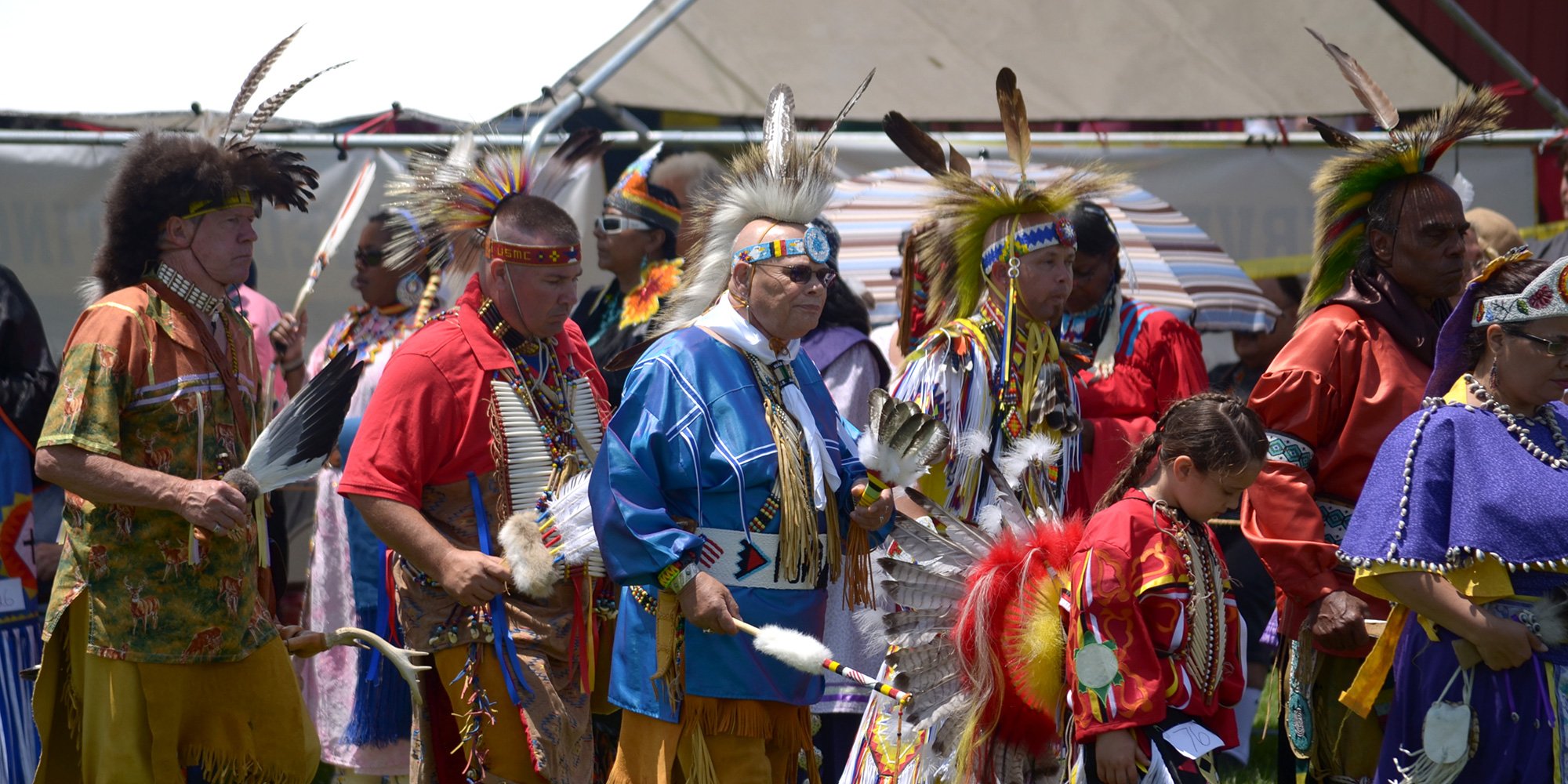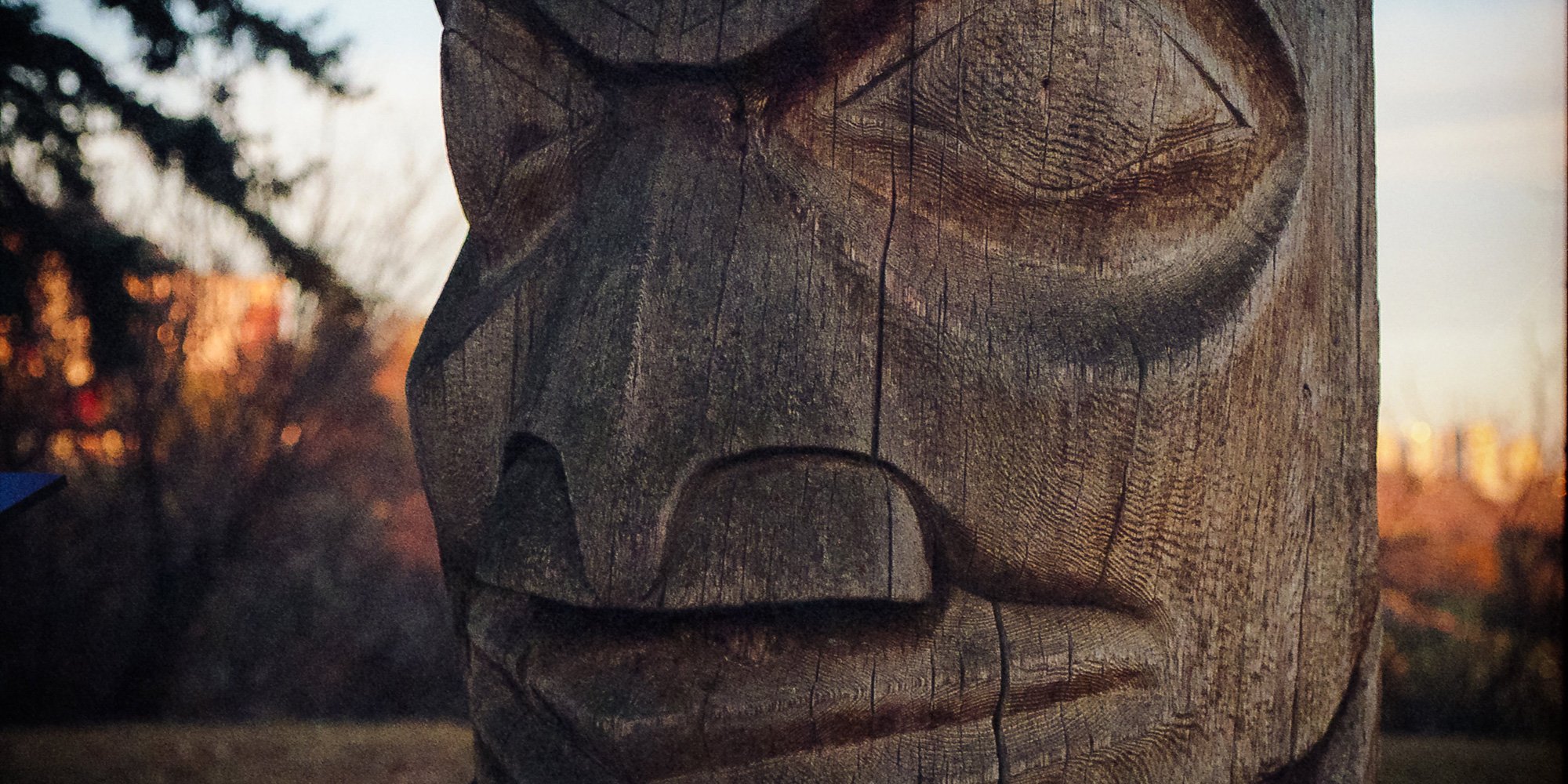Indigenous or Aboriginal: Which Is Correct?
“Which is correct? Indigenous or Aboriginal” is a frequently asked question for us at Indigenous Corporate Training Inc. The federal government’s...

This is an article about the impact words and communications have on the recipient. I've said it before and I'll keep on saying it, the words we choose have an impact on people. If you choose words Indigenous Peoples are comfortable with then you'll be more successful.
Indigenous Elder or senior? Which one do you choose? When it comes to effective communication with people, not just Indigenous Peoples, which is the focus of this blog, picking the right words can mean the difference between being effective, being mediocre, or getting yourself into outright trouble. Consider our article on Columbus discovering the new world. Clearly, a case where choosing the wrong words has led to outright trouble. See our articles on the usage of "Stakeholder" and "Crown Lands" for other examples.
Take the Columbus Day Celebrations in the United States for example - this annual event is a source of controversy. True, as the sender/speaker of the message either verbally, in an email, or in a national newspaper, the sender - the Columbus Day celebration folks - didn't mean to be offensive. It's important to keep in mind as the sender/speaker that whether they think some people are overreacting is irrelevant.
Not true is the fact that their words had no impact. I know some of you will understand this from your corporate harassment training. It's not whether you meant to offend, scare, or bully, but it's how people are made to feel. That's the important point of this article.
So, I've talked about the outright trouble scenario. Let's go with something a little more mediocre and follow it up with something even more effective. I'm going to talk about this subject from a sales perspective. In marketing terms, we say it's the steak that sells and not the sizzle.
In this example, we are going to focus on someone selling pharmaceuticals and related products in Indigenous communities that would really be of value to "seniors" or "Elders, which takes us back to our question - Indigenous Elder or senior? Would it be productive for you to say "This is a great product for your seniors"?
I would say no. A better way to present your product is to say, "This is a great item for your Elders." Why this term and not the other? Because it is a term used by more and more communities as it's a term they are comfortable with. Another example would be the distinction between using the words Indigenous Elder or senior.
It comes down to people not wanting to buy from you if they don't know you, and you are not using words they are comfortable with - nothing sends a strong, wrong message than using a term that they aren't using. Use terms they're comfortable with and you will sell more products. That's the sizzle.
If you want to be really effective try to use the words and expressions of the people you are communicating with, and as we frequently suggest, always do a little research ahead of time.
Read some of the publications related to the community, listen to the words they are using, go to their website, and ask the people who are helping you set up the meeting for advice. You will notice many communities don't have senior centres but have Elder centres.
My advice - show your products and use Elder.
By the way, you don't actually have to do what I'm telling you to do. I'm just making suggestions - and as my good friend Rex has always said, "suffering is optional."
Featured photo: Larry Wilder, Flickr

“Which is correct? Indigenous or Aboriginal” is a frequently asked question for us at Indigenous Corporate Training Inc. The federal government’s...

When we prepare an article for our blog, Working Effectively with Indigenous Peoples®, we put considerable thought into the title - how will it...

When communicating cross-culturally there are certain sensitivities around the language used in the letter and expectations placed on the recipient...